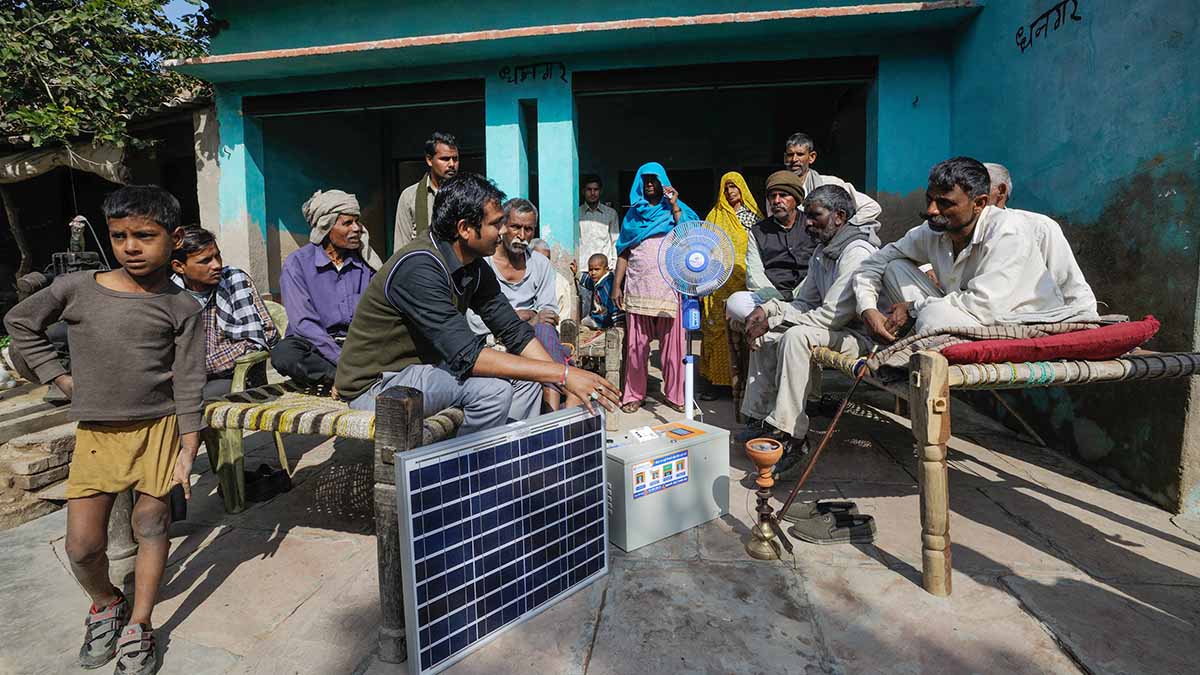Urban Energy

The multi-disciplinary Urban Energy Research Group (UERG) has, since 2004, been working in areas of building energy modelling, energy system modelling, the role of simulation and modelling within energy policy, and the interaction of behavioural science with energy analyses.
The team have a track record of research funding in a wide range of areas including:
- Decarbonising and adapting the building stock: In areas of building physics and energy modelling, the team have been involved in EPSRC projects including Tarbase, CALEBRE, Low Carbon Futures, and ARIES. UERG is also part of the H+C Zero Network, supporting EPSRC projects in decarbonising heating/cooling. The Horizon-funded crossCert project looks to test and validate next-generation Energy Performance Certificates.
- Community-scale energy demand: The FEDECOM and InterPED projects, funded by Horizon, investigate flexible demand in communities and positive energy districts. The team have also applied modelling and monitoring expertise to communities in India, including the projects Community Electricity Demand Reduction In India (EPSRC) and Dispatchable Air-Conditioning (InnovateUK).
- Energy Systems: UERG were part of the EPSRC Centre for Energy Systems Integration (CESI) and the ReFLEX Orkney project, both of which developed modelling tools to characterise energy demand for wider energy system analysis.
- The team are also actively involved with the Scottish Energy Technology Partnership (leading the Energy Efficiency of Buildings theme), IBPSA-Scotland, and advise government policy in areas linked to the above themes.
Staff
Key information
Professor David Jenkins
- d.p.jenkins@hw.ac.uk